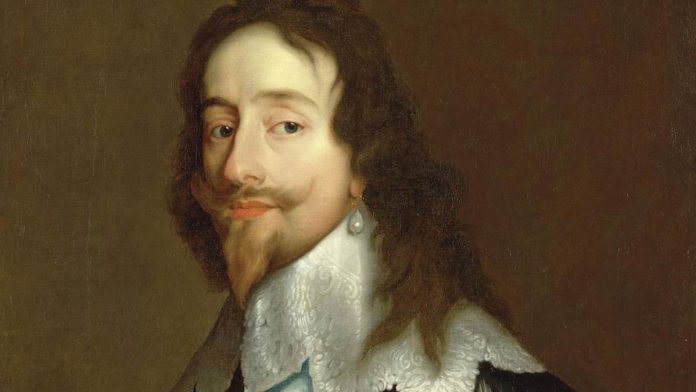The history of the Royal Family is always an interesting arena to discuss. Charles I ruled England, Scotland, and Ireland from 1625 until 1649. After his father gained the English crown in 1603, he traveled to England and lived most of his life there. His brother Henry Frederick, Prince of Wales, died in 1612. This made Charles I the heir apparent. Unpopular attempts to marry him to the Spanish Habsburg princess Maria Anna resulted in an eight-month tour to Spain in 1623. After 1625, Charles fought with Parliament over his royal prerogative. He believed in the divine right of monarchs and ruled by conscience.
Many of Charles I’s subjects disliked his policies, especially taxing without legislative authorization. They also saw him as an absolute tyrant. His theological beliefs and marriage to a Roman Catholic drew widespread hatred. The same was originating from Reformed organizations like the English Puritans and Scottish Covenanters. He favored Anglican clerics and neglected to help Protestant soldiers in the Thirty Years’ War. Charles also made attempts to push the Church of Scotland to embrace Anglican customs. This did nothing but resulted in the Bishops’ Wars, strengthened the English and Scottish parliaments, and culminated in his demise. But what was the cardinal reason behind his execution? Let us have a look!
Read More: King Charles And Queen Consort Camilla Wanted Catherine To Change Her Name. Here’s Why
Why King Charles I Was Executed?

30 January 1649 saw the public beheading of King Charles I in front of Whitehall’s Banqueting House. He was captured and tried at the end of the political and military struggles. At that time the struggle was between royalists and parliamentarians in England. This was known as the English Civil War, which culminated in his execution. On Saturday, January 27, 1649, Charles was found guilty by the parliamentary High Court of Justice.
He was leveled with charges of trying to “uphold in himself an unlimited and dictatorial authority to rule according to his whim. He also did not care about the rights and freedoms of the people,” and he was condemned to death by beheading. St James’s Palace was where Charles spent his last days, visited by his family and closest subjects. On January 30th, he was led to the execution site, a massive black scaffold set up in front of the Banqueting House.
In his final statement, Charles claimed to be a “martyr of the people.” Not only this he also proclaimed his innocence of the charges brought against him by the parliament. The many guards who stood between the crowd and the scaffold prevented anybody from hearing Charles’ words.
However, his companion, Bishop William Juxon, took shorthand notes. Ahead of having his head severed, Charles spoke a few final words to Juxon. During that conversation, he boasted of his “incorruptible crown” in Heaven. After signaling that he was ready, the executioner waited a few minutes before beheading Charles with a single strike.
Read More: Does King Charles Want To Reconcile With Prince Harry?
Why Charles I Was A Controversial King

In private, Charles had a disposition that was mild and pleasant. Sources agreed that he was a caring parent. Despite this, the King’s extreme timidity gave him an air of superiority and haughtiness. This was when he was in public. On February 2, 1626, when Charles was 25 years old, he was crowned. In the previous year, he had tied the knot with Henrietta Maria of France. This royal union resulted in the birth of nine children, including the monarch who would become Charles II.
In addition, Charles did not permit anybody other than his wife to sit in his presence at any time. His adversaries, notably those who served in Parliament, were incensed by this development. His inability to empathize with others and his stubbornness in the face of opposing viewpoints contributed to the growing unpopularity of his beliefs. Charles was quite intent on clinging to ultimate control. Due to this, he failed to adapt to the rapidly changing circumstances.
Read More: Was King Charles’ Staff Spreading Rumors About Princess Diana’s Mental Health?






